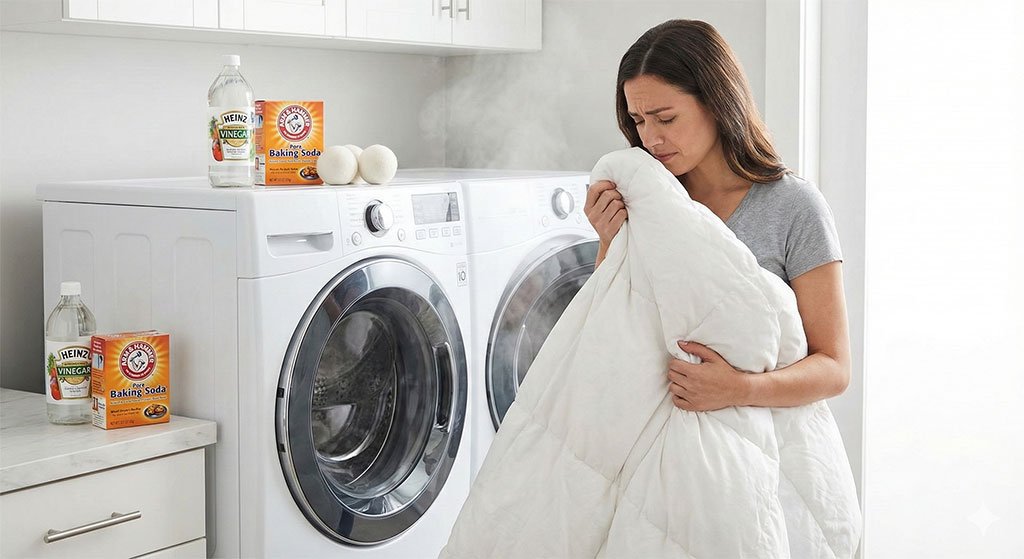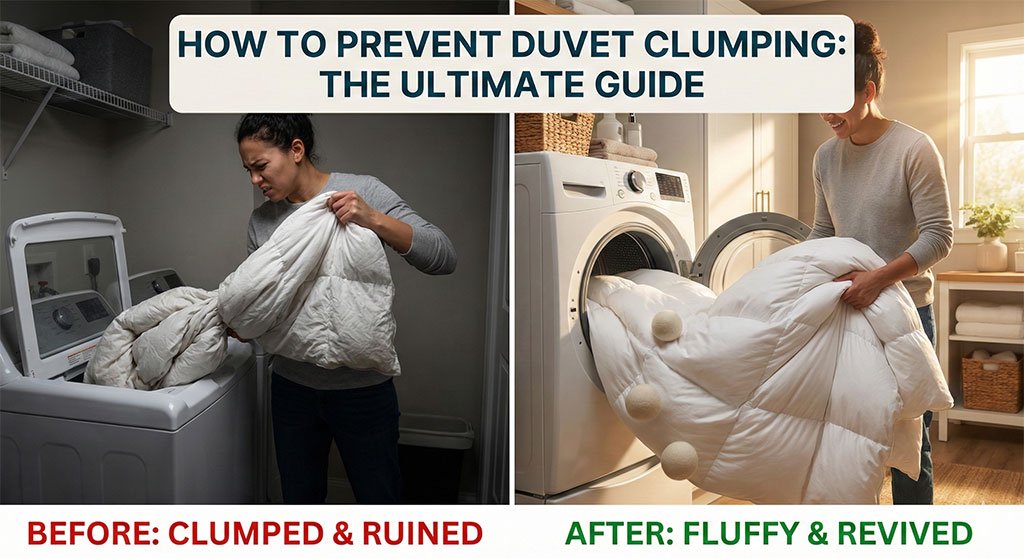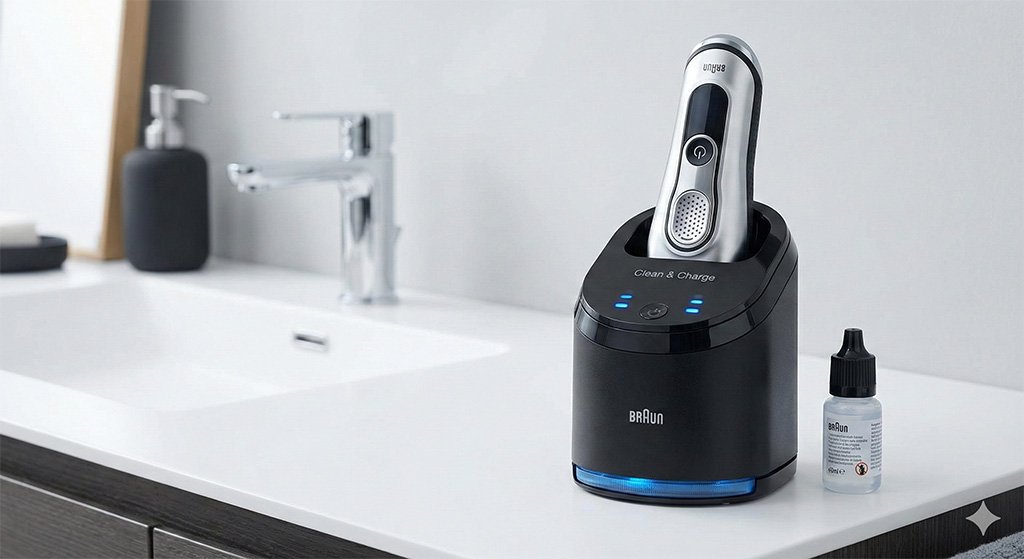Integrated washing machines save space and offer a sleek look but can be more expensive and harder to repair. They blend seamlessly with kitchen cabinetry but restrict location flexibility.
Integrated washing machines are an elegant solution for those keen on maintaining a cohesive kitchen design. They are built to fit within a cabinet space, hiding them from view and reducing noise during operation. This type of washing machine is ideal for smaller homes or apartments where space is at a premium.
The upfront cost may be higher than that of freestanding models, and should you need any repairs, accessibility could be a challenge, potentially leading to higher maintenance costs. So, there are both pros and cons of integrated washing machines.
Now, let’s check why integrated washing machines are a popular choice for modern homes aiming for a minimalist and uncluttered look.

Credit: www.beko.com
Table of Contents
Pros And Cons Chart Of Integrated Washing Machine
Pros
Cons
What Is Integrated Washing Machines
Integrated washing machines offer a seamless look to your living space while promising the full functionality of their freestanding counterparts. Let’s explore the hidden wonders and considerations of these sleek, space-saving devices.
The Concept Of Integrated Appliances
Integrated appliances are designed to blend with your kitchen or laundry room’s cabinetry. Unlike traditional appliances, they stay out of sight, tucked away behind matching cabinet doors. This concept is gaining traction, ensuring essential appliances don’t disrupt a room’s visual flow. Imagine a kitchen where every appliance is disguised as part of the cabinetry, offering a tidier and more cohesive look.
- Sleek design ensures consistency in kitchen aesthetics.
- Added value to your home through upscale appeal.
- Reduced noise levels as cabinetry dampens appliance sounds.
How Integrated Washing Machines Operate
An integrated washing machine works just like any other washer but with a twist in its installation. The unit is specifically built into a designated space and concealed behind a cabinet door. The appliance’s controls and functionalities are fully accessible when the door is opened, offering the same programs and features as standard washers.
Feature | Benefit |
|---|---|
Space-saving | Fits snugly into existing layouts |
Design Integration | Complements home interior |
Functionality | Full features of stand-alone machines |
Whether it’s maintaining the design integrity of your space or requiring a laundry solution that accommodates compact living, integrated washing machines provide both style and substance. Yet, it’s worth noting that they may come with a higher cost due to their specialized installation and potential need for custom cabinetry.
Seamless Kitchen Design
Imagine stepping into a kitchen where every appliance blends in perfectly. This is the charm of a Seamless Kitchen Design that includes an integrated washing machine. Such designs offer a sleek and tidy appearance, elevating the overall look of your kitchen space. Let’s uncover the pros and cons of this kitchen trend below.
Aesthetic Blend With Cabinetry
Integrated washing machines fit snugly under a counter or behind a cabinet door. When closed, they align with other cabinets, giving a uniform appearance. This seamless look does more than just please the eye; it gives a sense of order and cleanliness.
- No clashing of appliance styles or colors
- Visible fixtures are minimal, creating a cleaner look
- No gaps where dust and dirt can accumulate easily
Customization Options
Customization is key in kitchen design. You want options that suit your style. An integrated washing machine offers just that.
You can choose door panels that match your kitchen cabinetry. This ensures design continuity and reflects your personal taste.
- Varying panel designs
- Multiple handle choices
- Flexibility in changing the kitchen’s look without replacing the appliance
Space Efficiency On The Rise
The world of home appliances constantly evolves, and integrated washing machines stand at the forefront of space-saving innovations. With modern homes getting smaller, every inch counts. These appliances are a game-changer for efficient use of space.
Solutions For Compact Living Spaces
Integrated washing machines shine in compact living areas. They tuck away neatly under counters or blend into cabinetry. This makes them ideal for apartments, tiny homes, or any place where space is at a premium. Residents can revel in the functionality without surrendering precious room.
- Maximizes usable space: The washer hides within existing layouts.
- Maintains aesthetic: Keeps the living space looking clean and uncluttered.
- Reduces noise: Built-in units often feature enhanced sound insulation.
Strategic Kitchen Layout Considerations
Selecting the perfect spot for an integrated washing machine is crucial. It must align with water connections and power outlets. A strategic approach to kitchen layout can seamlessly incorporate these appliances. They enhance the area’s functionality while preserving stylistic harmony.
Consideration | Importance |
|---|---|
Proximity to Plumbing | Ensures easy installation and maintenance. |
Accessibility | Favors comfort and ease of use. |
Design Consistency | Anchors the appliance in the kitchen’s aesthetic. |
Measure twice, install once: accurate measurements avoid costly mistakes. Taking stock of the kitchen’s layout pays off. Wise placement decisions enhance functionality without monopolizing the space. Thus, integrated washing machines become part of the overall kitchen mastery.
Performance Versus Standalone Models
Finding the right washing machine is crucial. Many wonder how integrated washing machines compare to their standalone counterparts. Let’s explore the pros and cons with a focus on washing capabilities and energy efficiency.
Washing Capabilities Comparison
Integrated washing machines often match standalone models in washing power. Here’s a quick look at how they stack up:
- Space Optimization: Built-in models save space with their sleek design.
- Wash Cycles: Both offer various programs for different fabrics.
- Noise Levels: Integrated units are typically quieter, a definite advantage.
Yet, choosing the best model depends on specific laundry needs. Integrated units may have size constraints, affecting load capacity.
Energy Consumption And Efficiency
Energy efficiency is a top concern for many. Below is a comparison table:
Features | Integrated Washer | Standalone Washer |
|---|---|---|
Energy Rating | A++ to A+++ | A+ to A+++ |
Water Usage | Typically less | Varies |
Electricity Usage | Lower on eco-modes | Depends on model |
Integrated machines may lead to savings. They often boast higher energy ratings and eco-friendly programs. Of course, selection should align with household requirements and frequency of use.
Higher Costs Explained
Integrated washing machines merge with your home seamlessly. They often have a higher price tag. Let’s explore why that is the case.
Initial Purchase Price
Integrated washing machines tend to be more expensive upfront. This is for a few reasons. They are built to fit within cabinetry. They also match your interior design. Plus, they usually come with advanced features.
- Customizable front panels to match your kitchen or laundry room.
- Specialized technology for a seamless look and quiet operation.
- Energy-efficient designs to save electricity and water in the long run.
Installation And Maintenance Factors
The cost of an integrated washing machine doesn’t end at purchase. Installation can add to your bill. These machines require professional fitting.
Maintenance can also be complex. Access to parts is harder because of integration. It may lead to higher service charges.
This table shows typical costs associated with integrated washing machines:
Cost Factor | Integrated Machine | Standard Machine |
|---|---|---|
Purchase | Higher | Lower |
Installation | Specialized, Higher | Basic, Lower |
Maintenance | Potentially Higher | Typically Lower |
The Long-term Value Debate
Welcome to the heart of the matter surrounding integrated washing machines – their long-term value. Homeowners often ponder the lifespan and cost-effectiveness of their appliances. Dive into the debate with insights on durability, longevity, resale value, and potential upgrades.
Durability And Longevity
Integrated washing machines are built into cabinetry which provides physical protection. This can lead to less wear and tear over time compared to standalone units.
- Protected from damage: Integrated models are less likely to suffer from accidental bumps and scrapes.
- Stability: Being fitted into a fixed space reduces vibration, leading to a smoother operation and potentially longer life.
However, if an issue arises, maintenance can be more challenging. Technicians might find them harder to access, leading to higher service costs.
Resale Value And Appliance Upgrades
Upgrading your kitchen? An integrated washing machine could increase your home’s appeal. New buyers often see built-in appliances as high-end features.
Aspect | Resale Value Impact | Upgrades |
|---|---|---|
Style continuity | Potential increase | Might limit options due to size constraints |
Modern features | Can add value | May require cabinetry adjustments for new models |
On the downside, evolving technology means integrated washing machines could become outdated. Matching your cabinetry with a newer model could be costly.
- Assess the market for appliances that balance modern features with timeless design.
- Consider potential future kitchen renovations before investing.
Also Read: What is steam washer?
FAQ
Should You Get An Integrated Washing Machine?
An integrated washing machine is ideal for maintaining a seamless kitchen design and concealing appliances. Consider one if aesthetics and space utilization are priorities in your home.
How Long Do Integrated Washing Machines Last?
Integrated washing machines typically last between 5 to 10 years, depending on usage and maintenance. Regular servicing can help extend longevity.
Why Are Integrated Washing Machines More Expensive?
Integrated washing machines are pricier due to the need for specialized design and extra components to fit seamlessly within cabinetry, ensuring aesthetic coherence in a fitted kitchen or utility room. Their custom nature and lower production volumes also contribute to the higher cost.
Are Integrated Appliances Worth It?
Integrated appliances offer a seamless kitchen aesthetic and can enhance resale value. They can be costlier but provide a custom, space-saving solution. Their worth depends on budget, design preference, and space considerations.
Bottom Line
If you are going to choose, you must weigh both the pros and cons of integrated washing machine. This type of washer seamlessly fits into your home, providing aesthetic appeal and space efficiency. Yet consideration of higher costs and potential installation complexities is essential. Smart shoppers will assess their needs, budget, and kitchen design to determine if an integrated model is the ideal choice for their home laundry experience.



